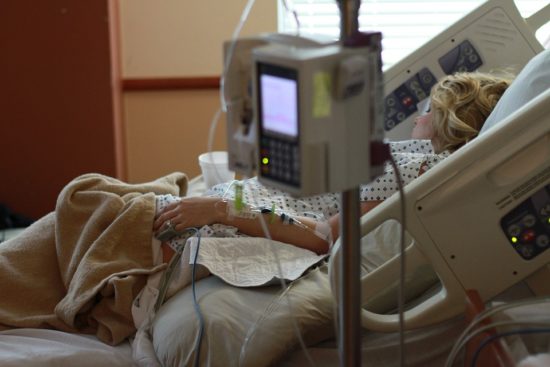Antimicrobial stewardship interventions reduce the time to the first antibiotic administration in septic patients in ICUs: regional multicenter study in 7 Latin American high-complexity hospitals
The study found that delayed administration of antibiotics in intensive care units (ICUs) is a significant predictor of mortality. The study found that implementing a tailored educational approach, including antibiotic hang time protocols and multidisciplinary healthcare teams, significantly reduced the administration time of antibiotics in Latin American hospitals. This was particularly evident after a 3-month period and a 1-year period. The findings suggest that such an active and tailored educational process can significantly reduce antibiotic administration times in these hospitals.
AMR NEWS
Your Biweekly Source for Global AMR Insights!
Stay informed with the essential newsletter that brings together all the latest One Health news on antimicrobial resistance. Delivered straight to your inbox every two weeks, AMR NEWS provides a curated selection of international insights, key publications, and the latest updates in the fight against AMR.
Don’t miss out on staying ahead in the global AMR movement—subscribe now!






